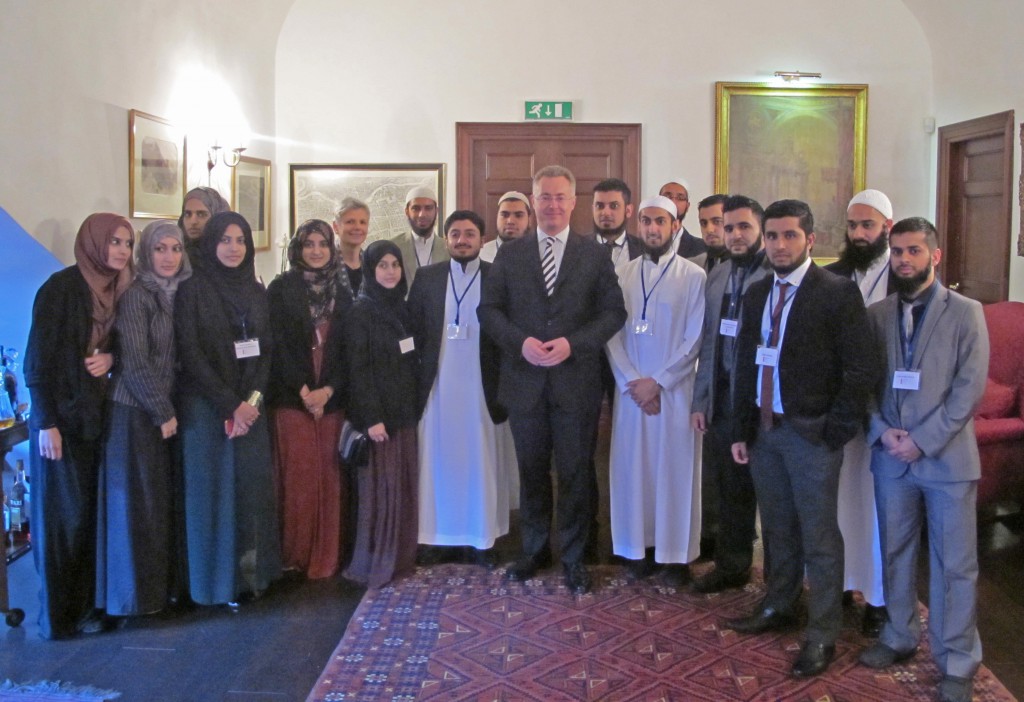7th May 2014
Young people at the Vatican


Old-fashioned stereotypes, especially when embedded in media narratives, die very hard. One of those is that faith-based institutions, especially Christian churches, have little to say to young people in our Western secularised world.
I have to say that this has not been my experience in nearly three years accredited to the Holy See. Of course, a 2,000 year old institution is deeply concerned for its traditions, its history, and the teaching of its leaders. In the global Catholic Church, the latter – at least the clerics – tend to be older men. Add a dose of metro-media irreverence and scepticism, and one can see how the stereotype is easily buttressed.
Yet over the last few days the focus of my embassy has been very much on younger people and their encounters with the Holy See. Earlier this week, I received a group of students from the Cambridge Muslim College, young men and women from across the UK who are learning about Islam in the context of Western society and culture. These future British imams and Muslim community leaders were keen to get to grips with the concerns of Christians, understand the role of the embassy, and be exposed to the phenomenon of the attraction of Pope Francis’ message. Their programme, which included attending the Papal General Audience, has brought them face to face with what they recognised as a live and vibrant global organisation.
They may have bumped into another group of young Britons at the same General Audience, post-graduates on an internship programme organised by the English and Welsh Catholic Bishops’ Conference, who are currently working in communications, with NGOs, and in parliamentary offices. We arranged for them to meet a cross-section of British people living and working in the Holy See, from clerics to university professors and broadcasters. The challenging and stimulating discussions that ensued showed that young British Catholics, just as much as young British Muslims, are thinking deeply about their future, their society, and the role of their faith as they forge career paths over the next few years.
Young people’s organisations are amongst the most dynamic of the many elements of the global Holy See network with which we deal, from Catholic schools and universities to pilgrimage parties, inter-faith organisations, prayer groups and professional bodies. They are a great antidote to scepticism and resignation in the face of our economic, social or political problems. And they have a lot to say. It’s worth listening.
What a wonderful time we had at your residence. Thank you, Ambassador Baker for hosting us, it was a most informative and enjoyable lunch.
Thank you, Mr. Baker, for this piece and for the warm, gracious welcome to the Interns and me yesterday in Rome.